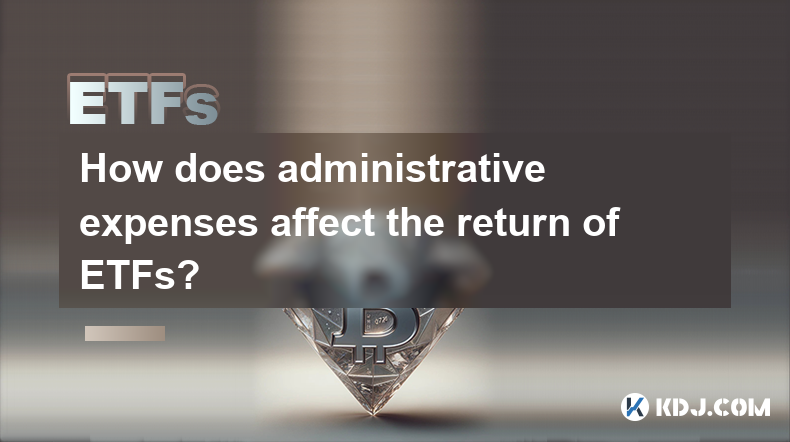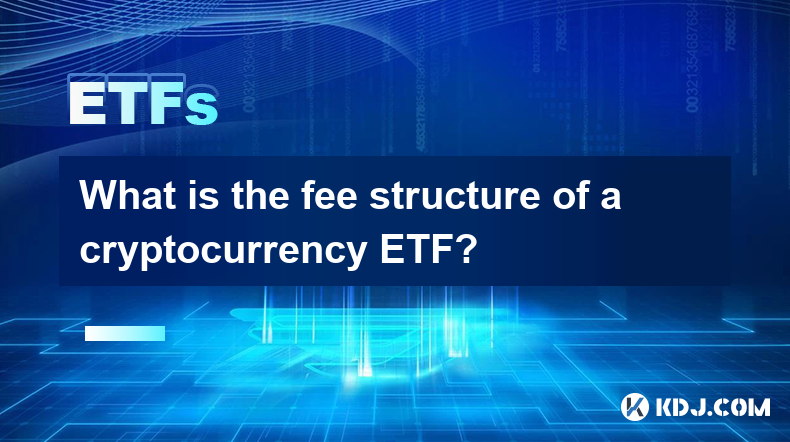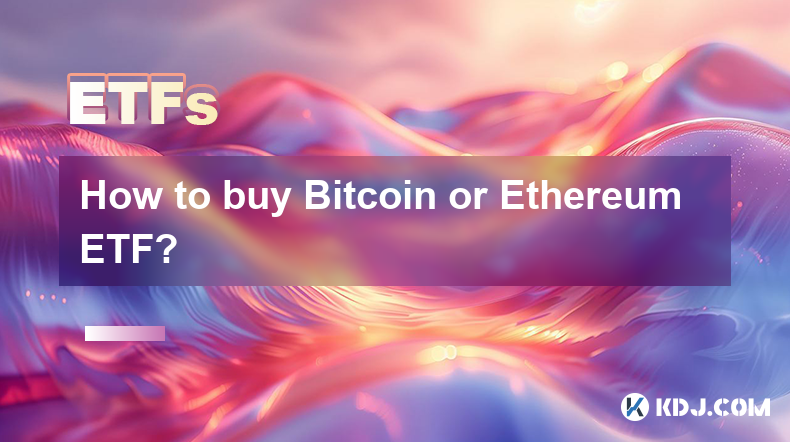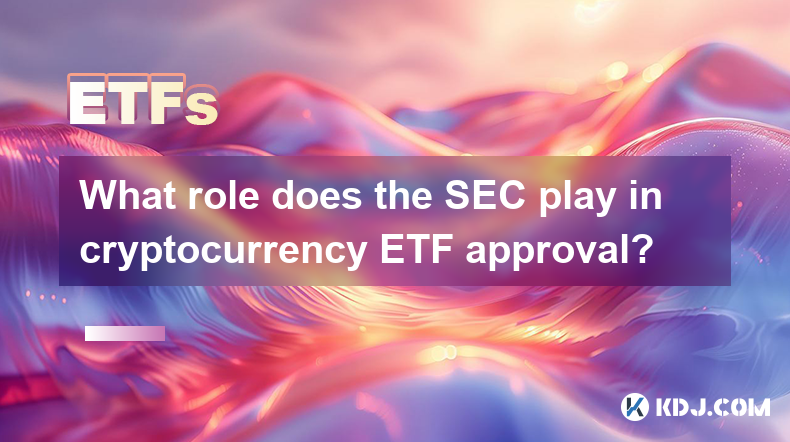-
 Bitcoin
Bitcoin $96,161.2493
-2.14% -
 Ethereum
Ethereum $2,686.5756
-2.45% -
 XRP
XRP $2.5719
-3.67% -
 Tether USDt
Tether USDt $0.9999
-0.04% -
 BNB
BNB $655.8976
-0.15% -
 Solana
Solana $171.9849
-2.65% -
 USDC
USDC $1.0001
0.00% -
 Dogecoin
Dogecoin $0.2435
-4.35% -
 Cardano
Cardano $0.7615
-4.97% -
 TRON
TRON $0.2379
-4.28% -
 Chainlink
Chainlink $17.4447
-5.17% -
 Avalanche
Avalanche $24.9624
-1.92% -
 Sui
Sui $3.3374
-3.85% -
 Stellar
Stellar $0.3266
-3.96% -
 Litecoin
Litecoin $127.2255
-5.17% -
 Toncoin
Toncoin $3.6609
1.73% -
 Shiba Inu
Shiba Inu $0.0...01526
-2.42% -
 UNUS SED LEO
UNUS SED LEO $9.7275
-0.32% -
 Hedera
Hedera $0.2145
-3.18% -
 Hyperliquid
Hyperliquid $24.2706
-2.62% -
 Polkadot
Polkadot $5.0883
0.29% -
 MANTRA
MANTRA $7.6370
0.37% -
 Bitcoin Cash
Bitcoin Cash $317.1514
-3.50% -
 Bitget Token
Bitget Token $5.0005
7.55% -
 Ethena USDe
Ethena USDe $0.9987
-0.10% -
 Dai
Dai $1.0000
-0.01% -
 Uniswap
Uniswap $8.8025
-5.45% -
 Monero
Monero $233.1225
-0.50% -
 NEAR Protocol
NEAR Protocol $3.4727
-2.15% -
 Pepe
Pepe $0.0...09302
-4.88%
How is an Ethereum ETF different from Ethereum futures?
The choice between an Ethereum ETF and futures depends on an investor's risk tolerance, investment goals, and trading strategies, with ETFs offering passive exposure while futures provide advanced trading options with higher risks.
Feb 17, 2025 at 10:12 am

Key Points
- Definition and mechanism of Ethereum ETF
- Definition and mechanism of Ethereum futures
- Comparison of risk and return profiles
- Implications for investors
Detailed Content
Ethereum ETF: An Overview
An Ethereum ETF (exchange-traded fund) is a publicly traded investment fund that tracks the performance of Ethereum, the second-largest cryptocurrency by market capitalization. Unlike physical Ethereum tokens, ETFs offer a convenient and regulated way to gain exposure to the cryptocurrency without the risks and complexities associated with direct ownership.
Mechanism:
ETFs hold a basket of Ethereum tokens and issue shares that represent ownership of a proportional share of the underlying assets. Investors can buy and sell ETF shares on stock exchanges just like traditional securities.
Advantages of Ethereum ETFs:
- Diversification: ETFs provide instant diversification by giving investors exposure to a portion of the Ethereum market.
- Liquidity: ETFs trade on regulated exchanges, ensuring high liquidity and ease of execution.
- Accessibility: ETFs make it accessible for retail investors to participate in the cryptocurrency market without the need for specialized knowledge or infrastructure.
- Regulation: ETFs are subject to regulatory oversight, providing investors with a layer of protection and transparency.
Ethereum Futures: A Primer
Ethereum futures are standardized financial contracts that obligate the buyer to purchase (long position) or the seller to sell (short position) Ethereum at a predetermined price on a specific date in the future. They are traded on futures exchanges.
Mechanism:
Futures contracts involve two parties, one taking the long position and the other taking the short position. The price agreed upon is known as the futures price, which typically reflects the prevailing market expectations for the future price of Ethereum.
Advantages of Ethereum Futures:
- Hedging: Futures can be used by investors to protect against price fluctuations by entering into an offsetting position.
- Leverage: Futures contracts offer leverage, allowing traders to multiply their potential gains (or losses) for a given capital outlay.
- Shorting: Unlike ETFs, futures enable investors to take short positions, speculating on potential declines in Ethereum's price.
Comparison: Risk and Return Considerations
Risks:
- Price Volatility: Both ETFs and futures are exposed to the inherent volatility of the Ethereum market.
- Market Manipulation: The cryptocurrency market is susceptible to manipulation, which can affect ETF and futures prices.
- Regulation Uncertainty: The regulatory landscape for ETFs and futures is still evolving, which could introduce risks to investors.
Returns:
- Tracking Error: ETFs aim to track the underlying Ethereum price, but tracking error (deviation from the underlying's performance) can occur due to factors such as fund expenses and market conditions.
- Leverage Impact: Leverage in futures contracts can amplify both potential gains and losses, resulting in substantial risks for less experienced traders.
Implications for Investors
The choice between an Ethereum ETF and futures depends on individual risk tolerance, investment goals, and trading strategies.
- Long-Term Investors: ETFs are suitable for long-term investors seeking less risky exposure to Ethereum's potential price appreciation.
- Traders and Speculators: Futures offer more advanced trading options, including hedging and shorting, but come with higher risks that require experience and risk management skills.
- Passive vs. Active: ETFs provide passive exposure to Ethereum, while futures facilitate active trading and speculation.
FAQs
1. What is the difference between an Ethereum ETF and Ethereum futures?
An Ethereum ETF is a publicly traded fund that tracks the price of Ethereum, while Ethereum futures are contracts that obligate parties to buy or sell Ethereum at a predetermined price in the future.
2. Which is riskier, ETFs or futures?
Generally, ETFs are considered less risky than futures due to regulatory oversight and the absence of leverage.
3. How can I trade Ethereum ETFs?
Ethereum ETFs are traded on stock exchanges like traditional securities. You can purchase shares through a brokerage account.
4. What are the advantages of Ethereum futures?
Futures offer hedging, leverage, and shorting capabilities not available in ETFs.
5. What are the risks of Ethereum futures?
Futures expose investors to the risks of price volatility, market manipulation, and substantial losses due to leverage.
Disclaimer:info@kdj.com
The information provided is not trading advice. kdj.com does not assume any responsibility for any investments made based on the information provided in this article. Cryptocurrencies are highly volatile and it is highly recommended that you invest with caution after thorough research!
If you believe that the content used on this website infringes your copyright, please contact us immediately (info@kdj.com) and we will delete it promptly.
- 5 Best Cryptos to Buy Today: BTFD Coin, Dogecoin, Goatseus Maximus, Baby Doge Coin, Pudgy Penguins
- 2025-02-22 16:30:25
- New IP-Focused Altcoin Surges 164% in First Week Amid Launch of Research Collaboration With Stanford University
- 2025-02-22 16:30:25
- Top Crypto Projects to Invest in February 2025: Qubetics, Render, Solana, and XRP
- 2025-02-22 16:30:25
- Discover the Future of Digital Currency: Insights into SEI, EOS, and the Revolutionary Qubetics
- 2025-02-22 16:30:25
- Bybit Hit By Colossal $1.46 Billion Hack, Biggest Crypto Theft In History
- 2025-02-22 16:30:25
- BTFD Coin: The Ultimate Play for Smart Investors
- 2025-02-22 16:30:25
Related knowledge

What type of investors are cryptocurrency ETFs suitable for?
Feb 20,2025 at 03:25am
Key Points:Introduction to Cryptocurrency ETFsTypes of Cryptocurrency ETFsRisk Tolerance and Investment ObjectivesInvestment Know-how and Due DiligenceOther Suitability FactorsIntroduction to Cryptocurrency ETFsCryptocurrency exchange-traded funds (ETFs) provide investors with an accessible and convenient way to gain exposure to the cryptocurrency marke...

How does administrative expenses affect the return of ETFs?
Feb 19,2025 at 10:18pm
Key Points:Administrative expenses reduce the overall return of ETFs.High administrative expenses can erode investment returns over time.ETFs with low overhead costs offer better performance potential.Mutual funds typically have higher administrative expenses than ETFs.Investors should consider expense ratios, management fees, and fund operating costs w...

What is the fee structure of a cryptocurrency ETF?
Feb 20,2025 at 04:43pm
Key Points:A cryptocurrency ETF incurs various fees throughout its lifecycle.The fee structure can vary significantly among different ETF providers.Understanding the fee structure is crucial for investors to make informed decisions.Understanding the Fee Structure of a Cryptocurrency ETF:1. Management Fees:Management fees are annual charges levied by the...

How to buy Bitcoin or Ethereum ETF?
Feb 20,2025 at 12:18pm
How to Buy Bitcoin or Ethereum ETF: A Comprehensive Guide for Beginners and Experts AlikeKey Points:Understanding ETFs: ETFs, or Exchange-Traded Funds, are investment vehicles that track a basket of underlying assets, such as stocks, bonds, or commodities.Advantages of ETF Investing: ETFs offer diversification, low management fees, and ease of trading.T...

What role does the SEC play in cryptocurrency ETF approval?
Feb 19,2025 at 09:18pm
Key Points:Understanding the SEC's Role in Cryptocurrency ETF ApprovalSEC's Historical Approach to Cryptocurrency ETFsKey Considerations for SEC ApprovalPotential Timeline for Cryptocurrency ETF ApprovalFAQs Related to SEC and Cryptocurrency ETF ApprovalUnderstanding the SEC's Role in Cryptocurrency ETF ApprovalThe Securities and Exchange Commission (SE...

Who decides whether to approve cryptocurrency ETFs?
Feb 20,2025 at 02:37am
Key Points:The Securities and Exchange Commission (SEC) has the primary authority to approve cryptocurrency ETFs.The SEC considers factors such as underlying asset trustworthiness, market manipulation risks, and investor protection.Several cryptocurrency ETFs have been proposed and are awaiting SEC approval.Article Content:1. Role of the Securities and ...

What type of investors are cryptocurrency ETFs suitable for?
Feb 20,2025 at 03:25am
Key Points:Introduction to Cryptocurrency ETFsTypes of Cryptocurrency ETFsRisk Tolerance and Investment ObjectivesInvestment Know-how and Due DiligenceOther Suitability FactorsIntroduction to Cryptocurrency ETFsCryptocurrency exchange-traded funds (ETFs) provide investors with an accessible and convenient way to gain exposure to the cryptocurrency marke...

How does administrative expenses affect the return of ETFs?
Feb 19,2025 at 10:18pm
Key Points:Administrative expenses reduce the overall return of ETFs.High administrative expenses can erode investment returns over time.ETFs with low overhead costs offer better performance potential.Mutual funds typically have higher administrative expenses than ETFs.Investors should consider expense ratios, management fees, and fund operating costs w...

What is the fee structure of a cryptocurrency ETF?
Feb 20,2025 at 04:43pm
Key Points:A cryptocurrency ETF incurs various fees throughout its lifecycle.The fee structure can vary significantly among different ETF providers.Understanding the fee structure is crucial for investors to make informed decisions.Understanding the Fee Structure of a Cryptocurrency ETF:1. Management Fees:Management fees are annual charges levied by the...

How to buy Bitcoin or Ethereum ETF?
Feb 20,2025 at 12:18pm
How to Buy Bitcoin or Ethereum ETF: A Comprehensive Guide for Beginners and Experts AlikeKey Points:Understanding ETFs: ETFs, or Exchange-Traded Funds, are investment vehicles that track a basket of underlying assets, such as stocks, bonds, or commodities.Advantages of ETF Investing: ETFs offer diversification, low management fees, and ease of trading.T...

What role does the SEC play in cryptocurrency ETF approval?
Feb 19,2025 at 09:18pm
Key Points:Understanding the SEC's Role in Cryptocurrency ETF ApprovalSEC's Historical Approach to Cryptocurrency ETFsKey Considerations for SEC ApprovalPotential Timeline for Cryptocurrency ETF ApprovalFAQs Related to SEC and Cryptocurrency ETF ApprovalUnderstanding the SEC's Role in Cryptocurrency ETF ApprovalThe Securities and Exchange Commission (SE...

Who decides whether to approve cryptocurrency ETFs?
Feb 20,2025 at 02:37am
Key Points:The Securities and Exchange Commission (SEC) has the primary authority to approve cryptocurrency ETFs.The SEC considers factors such as underlying asset trustworthiness, market manipulation risks, and investor protection.Several cryptocurrency ETFs have been proposed and are awaiting SEC approval.Article Content:1. Role of the Securities and ...
See all articles














![BONK The Meme Coin MORE THAN ORDINARY [DOG] on Solana BONK The Meme Coin MORE THAN ORDINARY [DOG] on Solana](/uploads/2025/02/22/cryptocurrencies-news/videos/bonk-meme-coin-ordinary-dog-solana/image-1.jpg)


































































